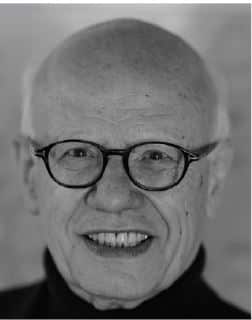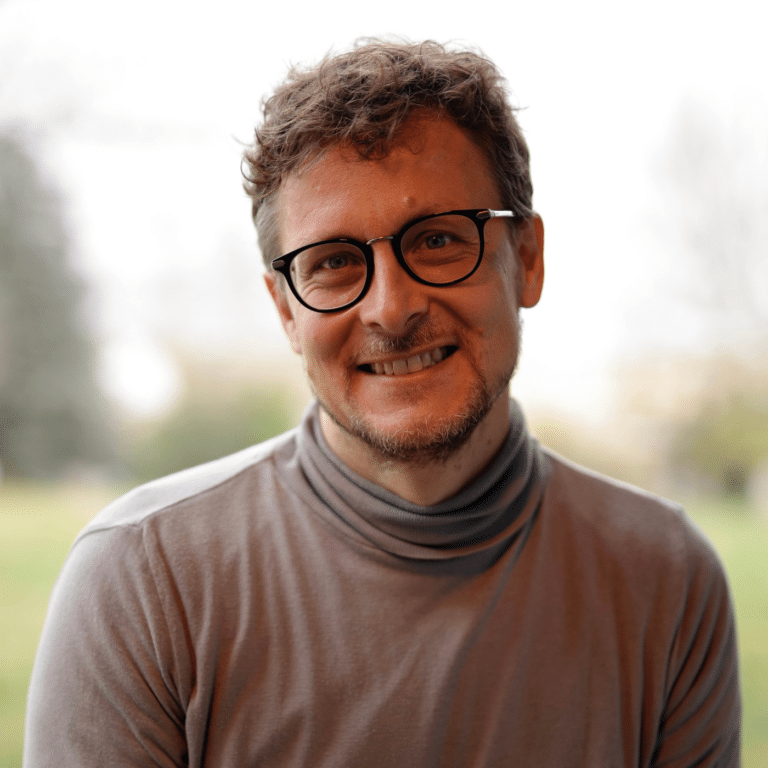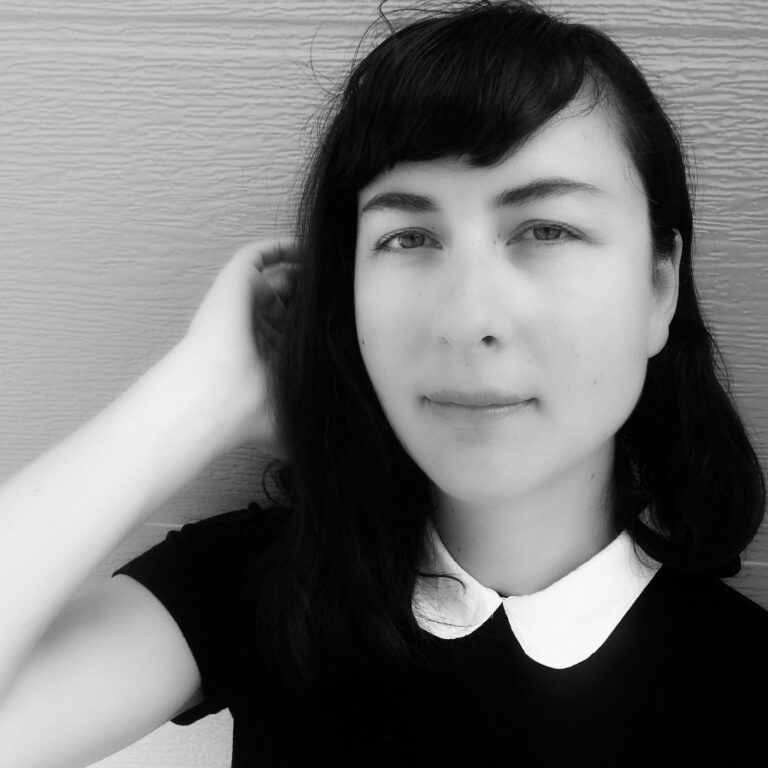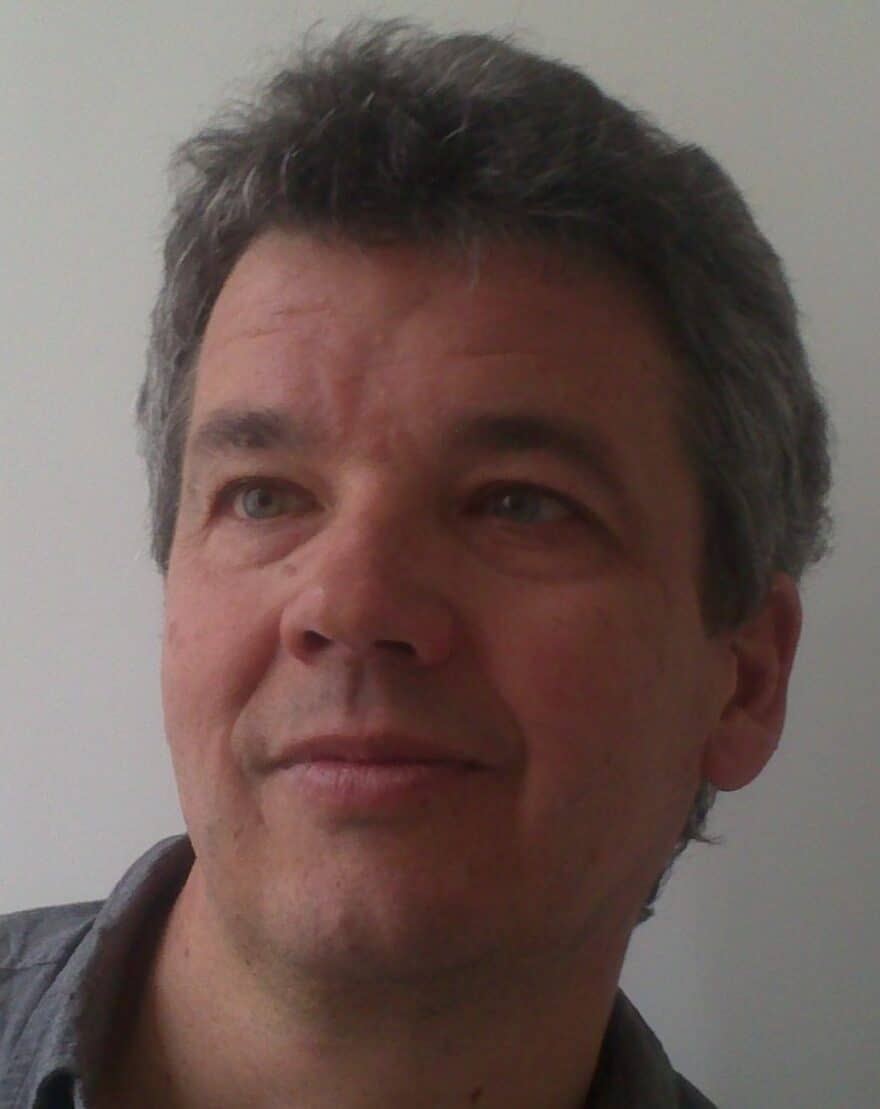Research project
Economics and the challenge of interdisciplinarity
Summary of the research project
The rise of neoclassical economics in the last quarter of the XIXth century marked a transformation from ‘political economy’ to ‘economics’. It meant that economists started to regard their work as constituting a specific discipline to be developed on the model of natural sciences. This project evolved successfully. It led to impressive cumulative developments and rallied most of the members of the discipline. Several consequence ensued. The fact that logical consistency received priority over real-world relevance brought economics away from reality. Moreover, a tension arose between the claim that the discipline was deemed ‘scientific’ and the fact that its policy conclusions unilaterally supported the free-market ideology. Finally, economists were proud to be a discipline isolated from the other social science – proclaiming it ‘the queen of social sciences’. Small wonder, other social scientists hardly appreciated what they perceived as mere arrogance. Then came a time where a strong drive of interdisciplinarity saw the light of day. My research project aims at bringing out economists’ reactions to this trend. They were of two types. Either sticking, possibly in a more substantiated way to the view that economics is indeed different. This is the standpoint taken by macroeconomists. Or accepting to engage in interdisciplinary work. This last reaction evolved in several ways. I plan to examine three of them. The first is the rise of human capital theory. This was a case of ‘economic imperialism’: using economic tools for broaching issues that hitherto were supposed to be ‘owned’ by other disciplines. The second is the rise of behavioral economics. Here we have the opposite move: replacing standard economic hypotheses with new ones obtained by using the tools of cognitive psychology. The third is economics history. Taking advantage of the tremendous increase in data bases resulting from the internet revolution, economists created a more quantitative way of writing history.
Biography
Michel De Vroey holds a PhD, a BA in sociology and a BA in philosophy from the Université catholique de Louvain. A professor emeritus at this university, he held visiting positions at the Sorbonne University, Duke University, the University of British Columbia (Vancouver), Clemson University, Aix-Marseille and LUISS (Rome). He has published several books, including Involuntary Unemployment: The Elusive Quest for a Theory (2007, Routledge), Keynes, Lucas: D’une macroéconomie à l’autre (2009, Dalloz), A History of Macroeconomics from Keynes to Lucas and Beyond (2016, Cambridge University Press. He has published extensively in scholarly journals. His domain of research is the history of economics, especially of present-day macroeconomics. His writings blend theoretical reconstructions and methodological insights.




